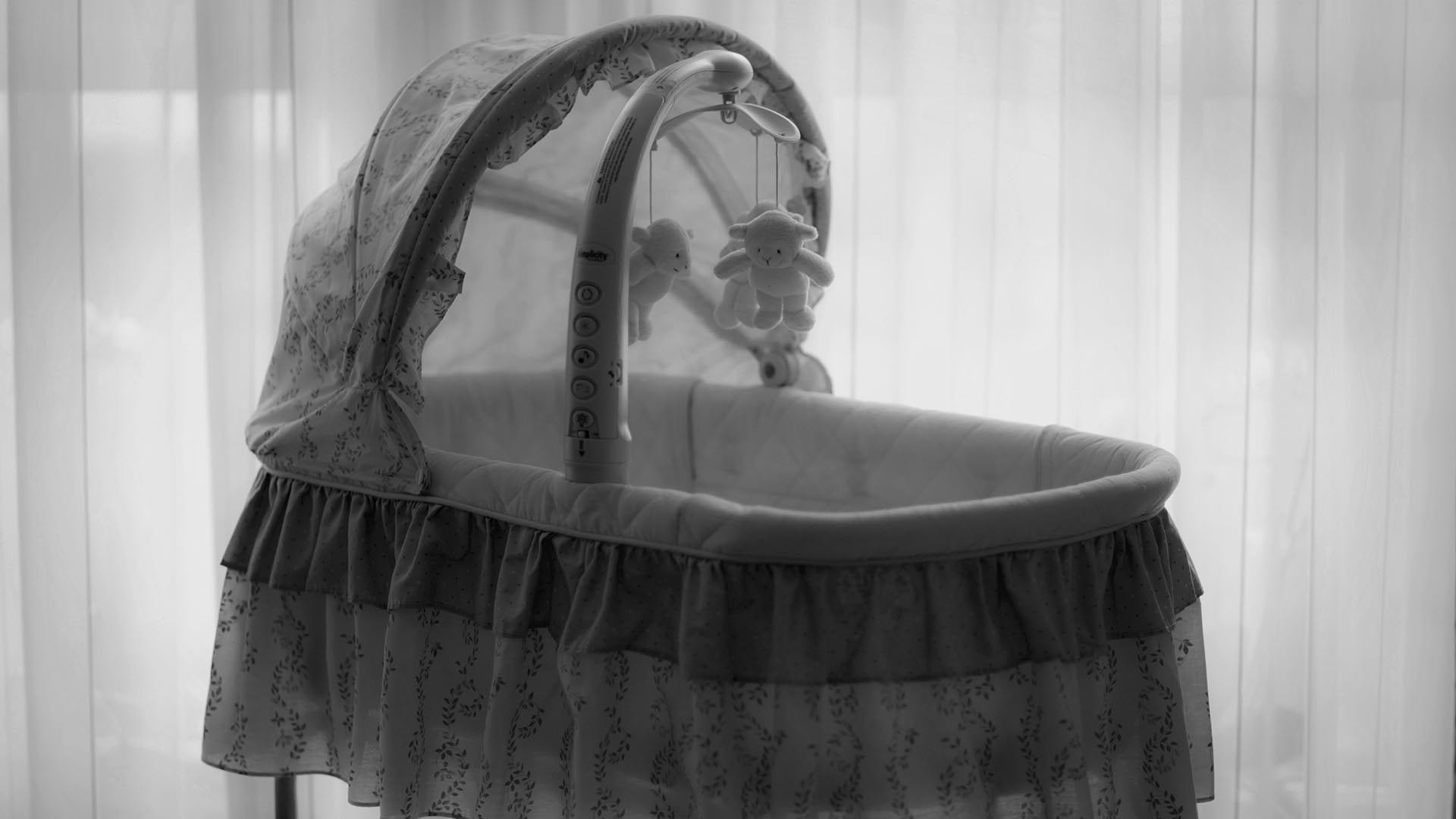I stood in front of two women, one beautifully round at 35 weeks pregnant; the other listening intently to her story. Just days before, the expectant mother’s doctor told her the baby had stopped growing. After several previous miscarriages, the mom was bracing herself to once again trust God amid grief. The other woman sat attentively, listening to her weeping friend.
Then something miraculous happened.
Grieving by Faith
The moment came when the conversation turned to what was happening in the listening woman’s life. She’d been struggling to conceive and shared the happy news that she, too, was pregnant. She said it softly, watching for the pregnant mom’s reaction. What she found were tears of joy. A mother preparing to potentially lose her baby again wept with joy over someone else’s gift of life.
Watching these mothers weep and rejoice together, I was struck by how beautiful the fruit of grief can be; how the means of grace God provides can work in our hearts to offer comfort; and how these same means of grace repair areas of unbelief—causing us to look more like Jesus because of our sorrow. Even amid mourning and uncertainty, the suffering, pregnant mom was able to rejoice over the joy of another. Even amid painful circumstances, she could be encouraged by God’s goodness when she saw it in his gift to another.
When we grieve and hope in light of God’s perfect character and redemptive story, we are given a right perspective within our suffering. And this outlook produces specific fruits in our hearts. Only when we’re able to grieve with faith and hope will we see the fruits of righteousness being planted in our hearts.
Rejoice with the Rejoicing
If our losses are processed and grieved in faith, miscarriage will prompt us to have a deeper appreciation for our Creator’s glorious hand in forming and knitting young souls within the womb (Ps. 129:13). The miracle of a fully formed, safely born baby will no longer be assumed, since miscarriage highlights the incredible worth of sustained life. And all sustained life points to a God worth worshiping.
When resting and hoping in God in the aftermath of a miscarriage, grieving parents will worship him all the more as he upholds life—even when this life is inside another woman. Life given—whether or not it is given to us—should cause us to come alongside those to whom it is given and worship God for creating and sustaining it.
Weep with the Weeping
Another indication we are grieving with hope is when we have an increased compassion for others. Grieving with hope teaches our hearts to genuinely “weep with those who weep” (Rom. 12:15). The Lord is faithful in sending suffering. He permits it to shape us so that we may become more like him.
It’s not that God delights in watching us feel pain; he doesn’t. But he prizes what the pain is designed to produce. As Joni Eareckson Tada—paralyzed from the neck down for the last 48 years—observes, “God permits what he hates in order to accomplish something that he loves.” The apostle Paul writes:
[The Father of mercies] comforts us in all our affliction, so that we may be able to comfort those who are in any affliction, with the comfort with which we ourselves are comforted by God. (2 Cor. 1:4).
God calls us to weep with those who weep not only because Jesus did (John 11:35), but also because it’s the most appropriate emotional response. As we seek to comfort those who mourn, our first response should be to empathize and cry with those who mourn over sin, suffering, and death. When we weep, we love.
Driven to Hate Sin
Seeing and experiencing the reality of death because of the Fall should drive us to hate original sin all the more. As we endure the pain of miscarriage, seeing and experiencing our loss through the lens of God’s Word will give a more comprehensive view of darkness and evil.
But while this darkness can feel overwhelming, the Scriptures insist there is nothing outside of God’s control, not even miscarriages: “In his hand is the life of every living thing and the breath of all mankind” (Job 12:10). God’s sovereignty over our miscarriages shouldn’t make us bitter but rather make us hope in the one who will make “all things new” (Rev. 21:5). We do not hate sin and death without hope; we hate these foes while trusting in the One who vanquished them.
This incredibly painful struggle encountered in miscarriage should drive us to the feet of Jesus, giving us a stronger desire to put off sin and put on him (Eph. 4:22–24; Col. 3:9–10). After all, if original sin produced the death that took my babies away, then I want to do everything possbile not to embody it. I don’t want to cherish what killed my children. Having experienced firsthand the horrors of the curse through the death of babies held safely in a womb, parents can call out to Christ, knowing that he hates sin more than we ever can or will. By grieving our miscarriages in faith, we can look to the One who gave his life to conquer sin and its devastating effects.
Love Fellow Sufferers
No one wants to endure miscarriage after miscarriage or be told their baby is in grave danger inside their own body. And Lord help us when such things happen.
The beautiful mother I watched allowed her tragic miscarriages not to embitter her, but to liberate her to love a fellow sufferer. She responded like Jesus when he loved his fellow sufferers. And I got the distinct privilege of watching what worship in the midst of pain and suffering truly looks like.
See also:
- “The Baby Given to Women Who Miscarry” (Jessalyn Hutto)
- “Miscarriage and the Confusion of Sinful Grief” (Jamie Carlson)
